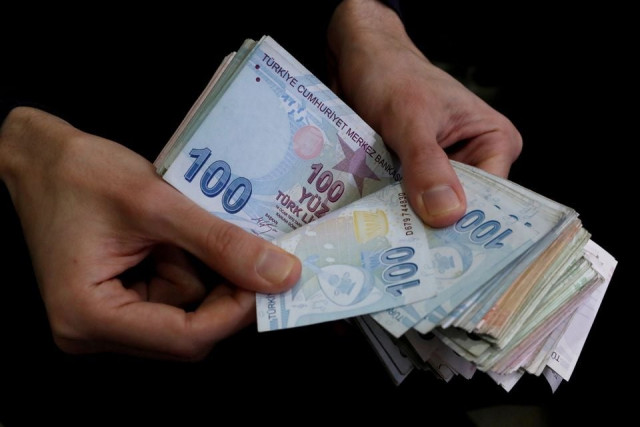Fitch downgrades Turkey’s debt rating to ‘B’
Cites increasing inflation, concerns about economy

Ratings agency Fitch downgraded Turkey’s debt rating to “B” from “B+”, citing increasing inflation and broad concerns about the economy, from a widening current account deficit to interventionist policies.
Inflation in Turkey shot to a 24-year high at 78.62% in June, mainly due to a currency crisis at the end of last year and the lira’s continued decline. The economic fallout from Russia’s invasion of Ukraine has also stoked price increases in import-dependent Turkey, especially due to rising energy and commodity costs.
In a statement, the agency affirmed its rating’s outlook at “negative”, adding that it expects Turkey’s consumption to slow given rising inflation, a weaker exchange rate and diminishing domestic confidence.
Fitch forecast annual inflation to average 71.4% this year, the highest among sovereigns rated by the agency, adding that its trajectory remains highly uncertain.
Average inflation is set to slow to 57% in 2023, Fitch said, due to overly accommodative policies until parliamentary and presidential elections scheduled for no later than June 2023.
The lira lost 44% of its value against the dollar last year, mainly due to a series of rate cuts from the central bank. The currency is down a further 23% so far this year.
The government has taken steps to stem the lira’s decline. A recent move by the BDDK banking watchdog to restrict lira lending to foreign currency-rich companies helped it rally briefly last week as corporates sold hard currencies. Referring to the move, Fitch said “policies are becoming increasingly interventionist as well as unpredictable.”
Published in The Express Tribune, July 10th, 2022.
Like Business on Facebook, follow @TribuneBiz on Twitter to stay informed and join in the conversation.


















COMMENTS
Comments are moderated and generally will be posted if they are on-topic and not abusive.
For more information, please see our Comments FAQ